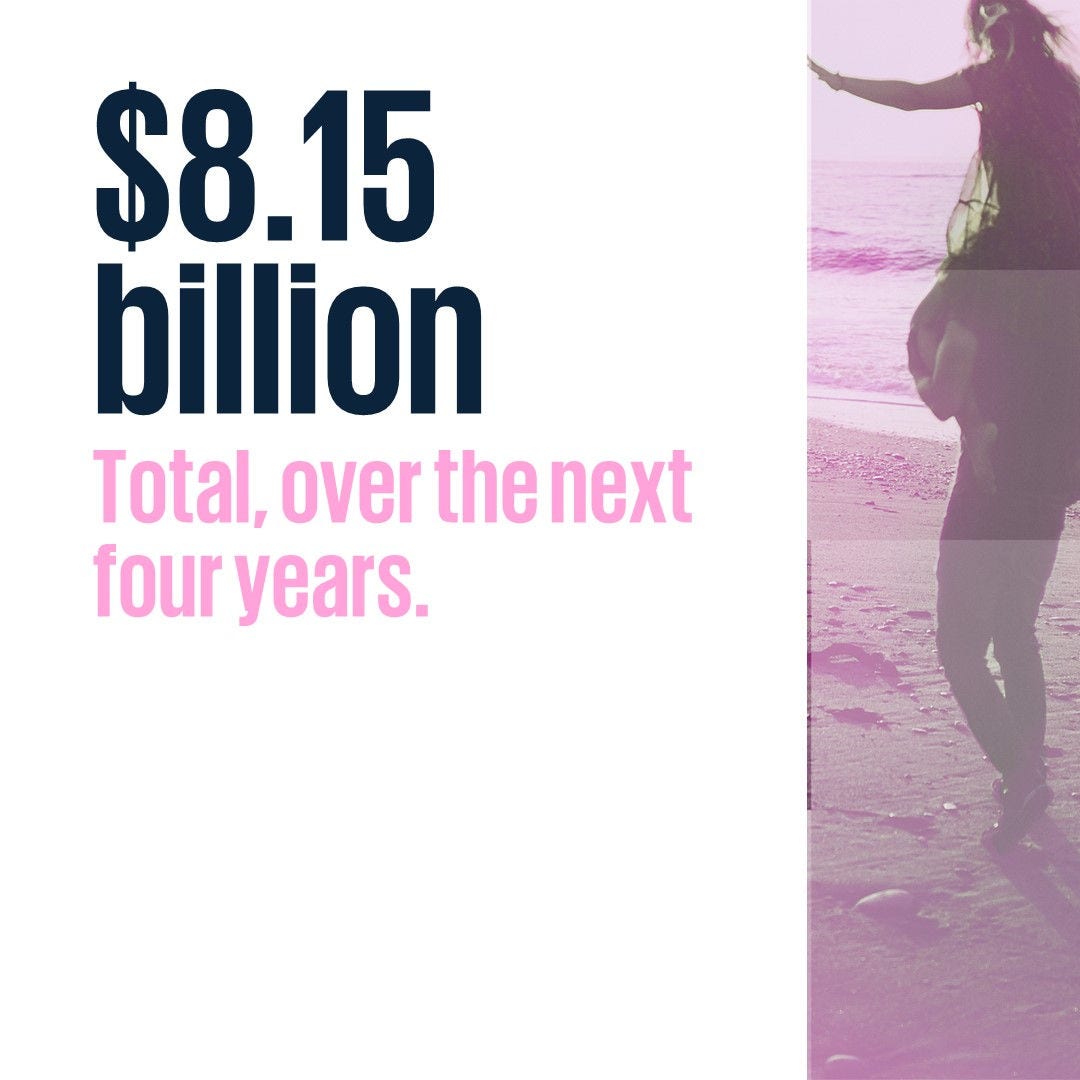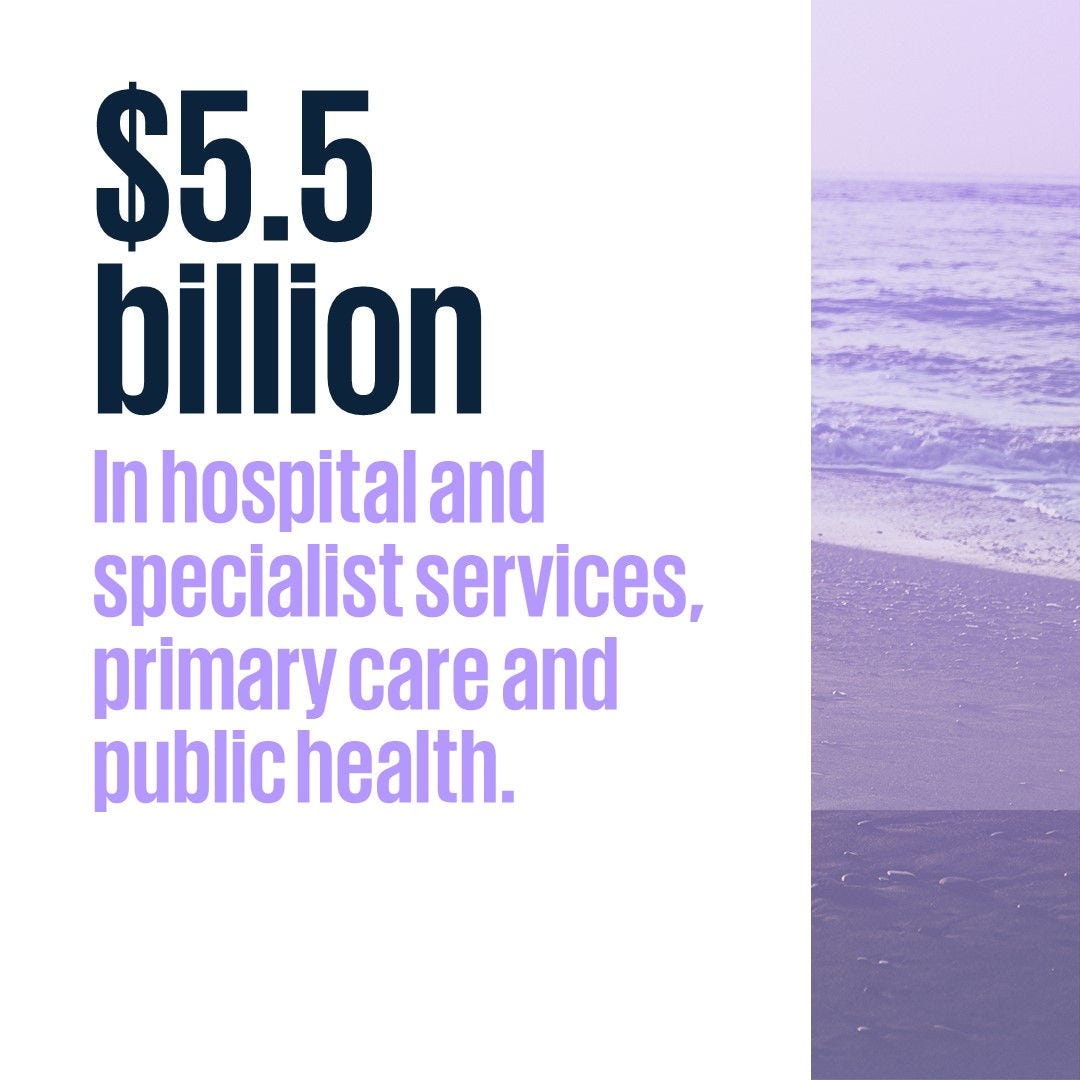A headline investment of $8.15bn in the New Zealand health system over the next four years should not disguise just how challenging this settlement will be for sector leaders. While the $2.8bn of cost-pressure funding within the total will go some way to addressing challenges over the next two years, it isn’t a silver bullet solution.
As the health sector in Aotearoa New Zealand grapples with current issues relating to demand, workforce, infrastructure, and productivity it can be tempting to think that politics, geography, and culture make them unique and localised. In fact, the sustainability challenges and opportunities we face are often shared across national borders. Our added context, however, is that this Budget will shape the next steps for a sector two years into major structural reform.





